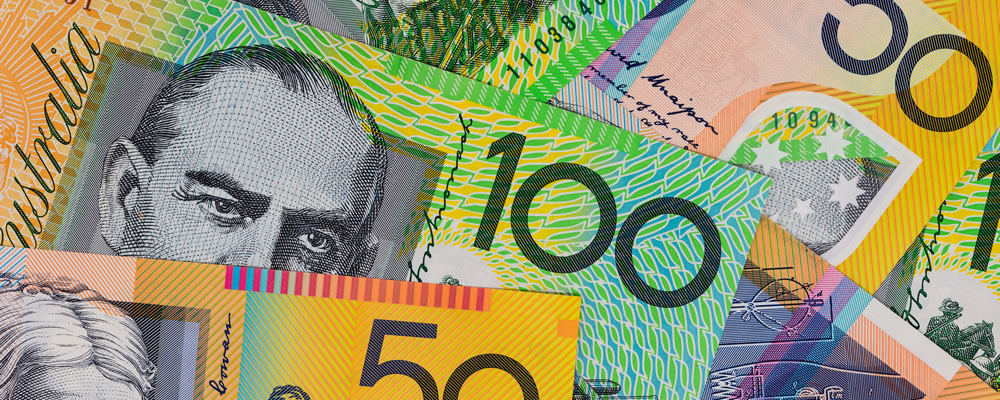Euro Australian Dollar (EUR/AUD) Exchange Rate Left Flat as Export-Reliant German Factories Suffer
The Euro Australian Dollar (EUR/AUD) exchange rate remained flat and the pairing is currently trading at around AU$1.6319.
The single currency was left under pressure on Thursday after Germany’s trade balance revealed that exports slumped further than expected.
This reinforced expectations that the bloc’s largest economy is being pushed into a recession by the weak manufacturing sector.
Data showed that German monthly exports fell by -1.8%, making this the steepest drop since April.
A slowing global economy, US-China trade tensions and Brexit uncertainty caused German factories that are reliant on exports to suffering.
Australian Dollar (AUD) Muted Ahead of High-Level US-China Trade Talks
The risk-sensitive Australian Dollar was left flat against the Euro ahead of Thursday’s high-level trade talks between the US and China.
Top officials from Beijing and Washington are scheduled to meet for the first time since July amidst increased tensions.
The US blacklisted 28 Chinese companies and imposed visa restrictions on Chinese officials linked to the human rights violations of Muslim minority groups.
Today’s talks between Chinese Vice Premier Liu He and US Trade Representative Robert Lighthizer and Treasury Secretary Steven Mnuchin will aim to prevent a tariff increase on Chinese goods on 15 October.
However, if negotiations sour, it means nearly all Chinese imports are likely to be subject to tariffs by 15 December.
Australian Dollar (AUD) Left Flat as Aussie Housing Market Experiences ‘Mini-Boom’
Approvals for new home loans increased for the second month, showing the Reserve Bank of Australia’s (RBA) recent cuts are boosting the housing market.
The Australian Bureau of Statistics (ABS) showed that home loans jumped 3.2% in August. Meanwhile, lending to property investors rose by 6%, the largest increase since September 2016.
Commenting on this, UBS economist George Tharenou said the data ‘reinforces our view of a mini-boom’.
He added:
‘If loans and prices surprisingly continue to boom, it would […] raise the risk it stops the RBA from easing next year.’
However, the RBA’s rate cuts have done little to revive the broader economy, and in a note, ANZ economists wrote:
‘This supports concerns that the RBA’s rate cuts are flowing through more intensely into housing compared with other key parts of the economy, including household consumption and businesses.
‘While we believe we’re currently seeing a pop rather than the beginning of a v-shaped recovery in the housing market, the increases in prices and mortgage demand are likely to be a concern for the RBA, particularly given record-high household debt.’
Euro Australian Dollar Outlook: Will Weak German Inflation Weigh on EUR?
Looking ahead to Friday, the Australian Dollar (AUD) could fall against the Euro (EUR) following the release of the RBA’s financial stability review.
If the central bank is overly dovish about the Australian economy, it is likely ‘Aussie’ sentiment will slump.
Meanwhile, the Euro could fall following the release of September’s German inflation data leaving the pairing muted.
If the bloc’s largest economy is hit with even more disappointing data, showing that inflation continues to move away from the European Central Bank’s (ECB) target, the Euro Australian Dollar (EUR/AUD) exchange rate will be left flat.



